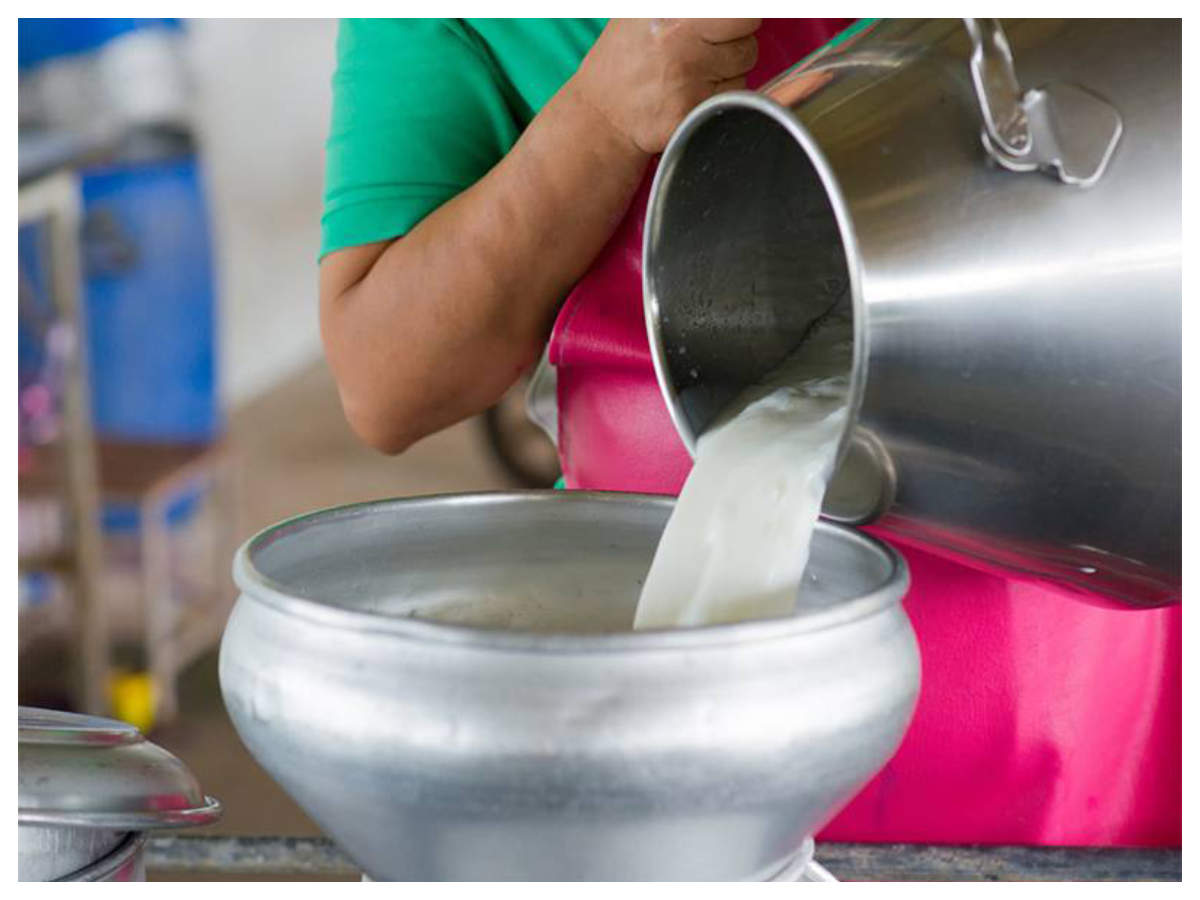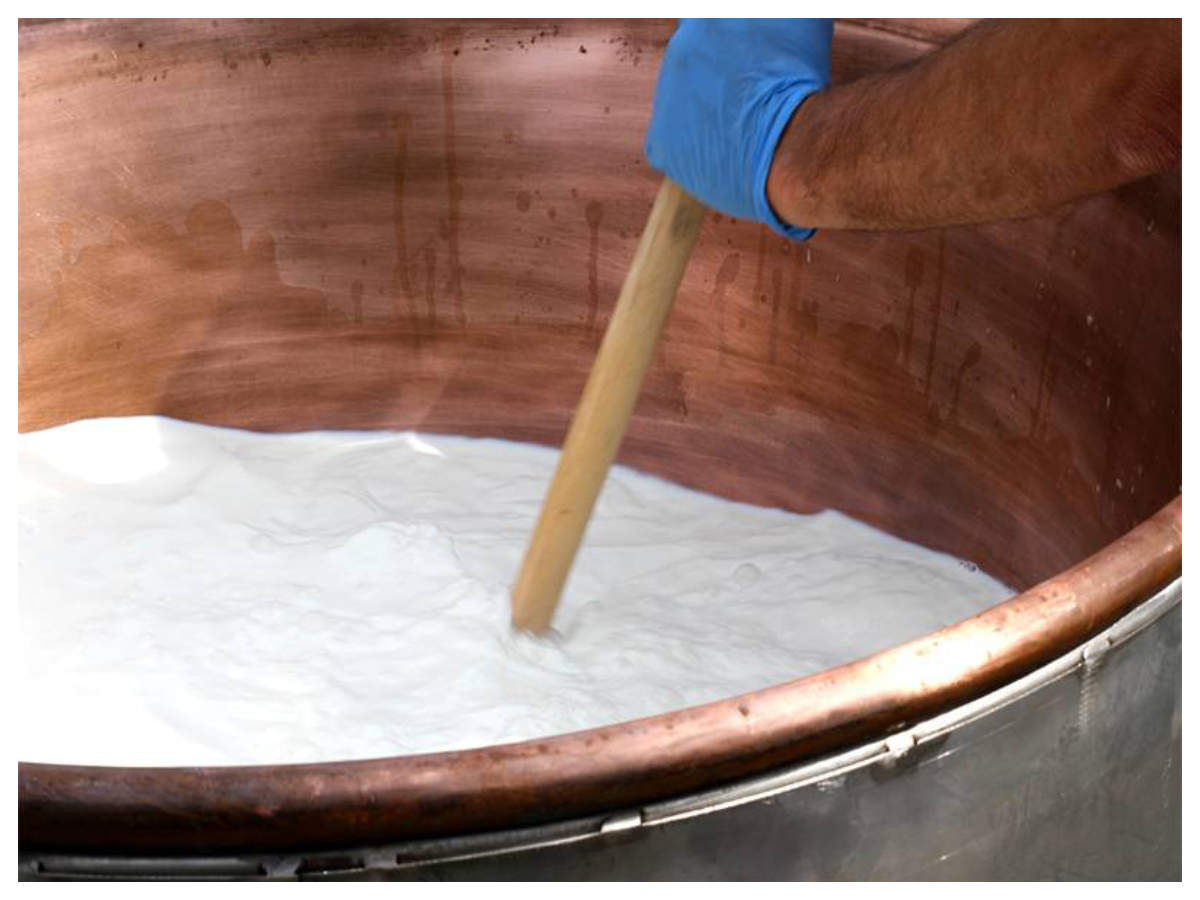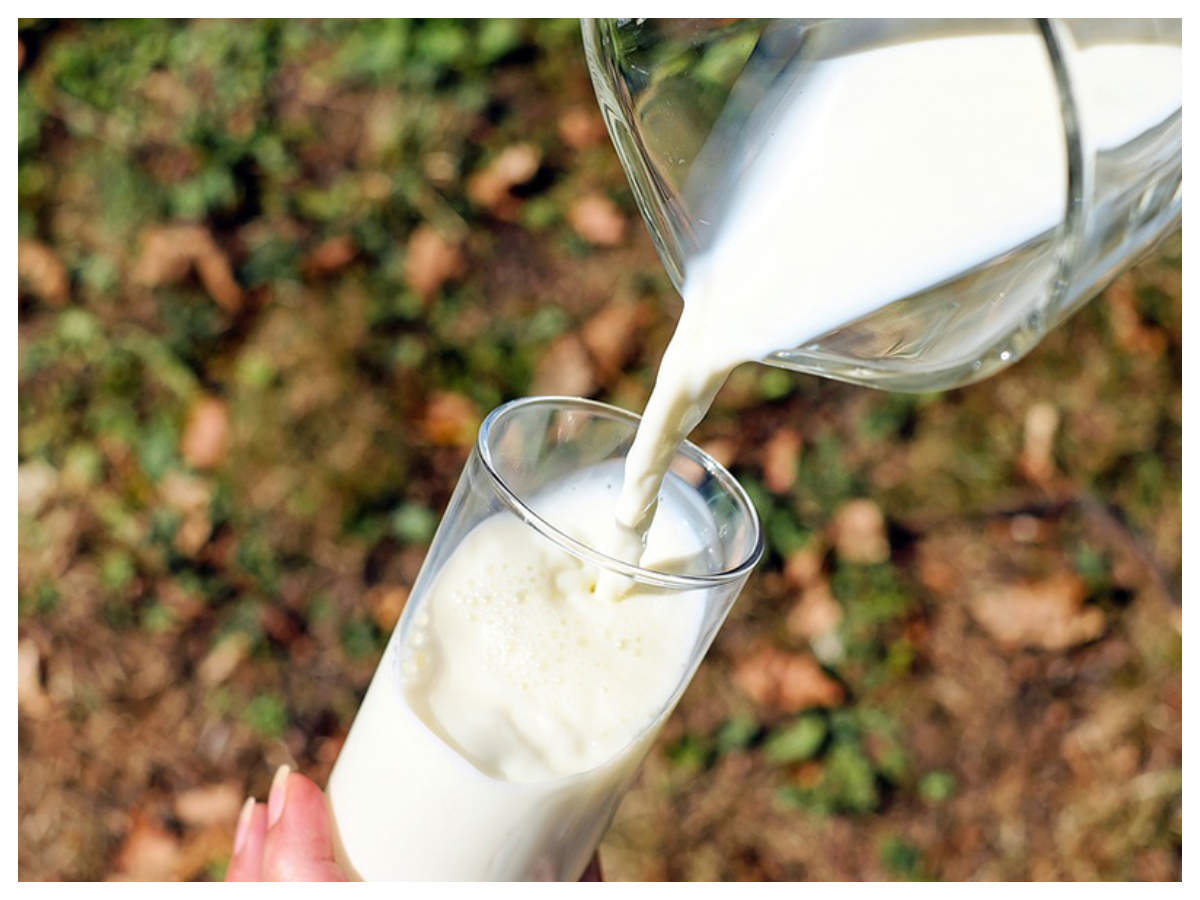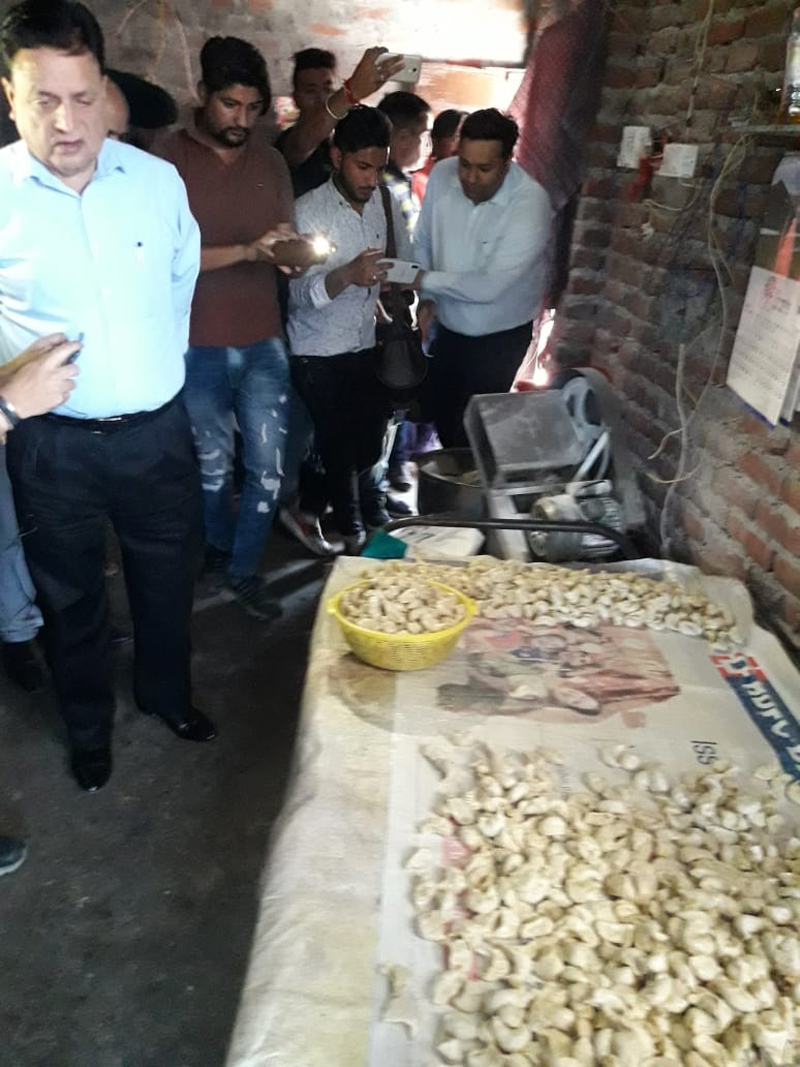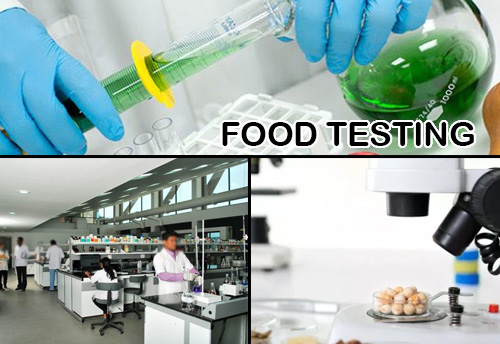Shankar Langati at his farm in Belagavi district; a farmer at Hanumantaraju’s organic fruit and vegetable collection centre in Nelamangala.
As the organic food market expands, fruit and vegetable suppliers are under pressure to supply more, and some of them are taking shortcuts. The principles of organic farming are difficult to follow when the volumes are big, trade insiders say.
“The demand is growing exponentially. Retailers want volume and variety and growers are forced to use chemicals and pass off their products as organic,” a major supplier to organic stores in Bengaluru told DH.
It happens with a range of products. Take organic rice. Recent entrants to the trade buy paddy from random growers, have it milled, and sell it as organic to big supply chains. “All they need is a transaction certificate in an organic farmer’s name, and they sometimes get it even without the farmer’s knowledge,” said B N Nandish, an organic farmer in Shivamogga district. “This trend worries genuine organic farmers.”
Some retail chains in Bengaluru cheat, too. “They approach us for organic produce and ask for a copy of our organic certification. They place orders for a couple of weeks and then stop, only to use our name to sell products sourced from elsewhere,” said Ravi K, chief executive officer of a Regional Cooperative Organic Farmers’ Association Federation, facilitated by the state’s agriculture department.
The more genuine traders are worried about the authenticity of what they get. “I had to check at least 50 sources before getting a genuine organic food supplier,” said Shodhan Kumar, proprietor of an organic food import and export firm.
Champions of the movement are concerned that the primary objectives of organic farming are being compromised. Currently, neither the farmer nor the consumer reaps the benefits of organic farming.
Pioneer problems
In 2004, Karnataka became the first state in India to get an organic farming policy. The area under organic certification increased from 2,500 hectares in 2004 to one lakh-plus hectares in 2018, and certified production is estimated at three lakh tonnes.
The market is growing faster, and the growth comes with its own problems.“As the supply chain grows longer, there is a greater disconnect and it becomes nearly impossible for a consumer to trace the producer,” said Vishala, who works with farmers and runs an organic store in Bengaluru.
She calls for a regulation with a decentralised approach to sustain the movement.
Her apprehensions are valid: it is estimated that about 80% of the organic food market is controlled by a few big players.
DH visited some organic stores in Bengaluru and asked the storekeepers whether they were aware of where their supplies were coming from. In eight out of 10 shops, they didn’t have a clear answer.
“In any organic trade fair, you see every item available at every stall. There’s no clarity about the source. Even the farmers’ federations, instead of selling what they produce, display a wide range of products,” said V Gayathri of the Institute for Cultural Research and Action, a pioneering organic farming initiative in the state.
The federations should market region-specific products. That will help local farmers, she observed.
The state has 15 organic farmer federations and 576 organic villages. These villages were declared organic under the state government’s organic scheme. They have now lost motivation for want of guidance and supervision.
What should have been a movement of farmers is now driven by industry. As a result, it has moved away from the basic principles of sustainable livelihood, ecological responsibility, and food safety.
“Farmers do want to take up organic farming, but they need skills, resources and continuous support. Even when it comes to government support — in the form of research or subsidies — organic farming gets a smaller share than chemical farming,” said Dr K Ramakrishnappa, former additional director, Department of Horticulture.
The aim should be to replace chemical farming with organic farming, he said.
Hanumantaraju, who supplies fruits and vegetables to about 80 organic outlets in Bengaluru, works with 400 farmers, two-thirds of whom are certified.
Though his four field workers randomly visit the farms, he finds it difficult to check if the product is genuine.
“Getting them tested for chemical residues in a lab approved by the National Accreditation Board for Testing and Calibration Laboratories (NABL) is expensive. I have to shell out about Rs 10,000 for each sample,” he told DH.
A state-run lab in Bengaluru does the tests for free for farmers, but not many know about it. Also, the lab is not yet approved by NABL or the Agricultural and Processed Food Products Export Development Authority.
Testing organic food is not something an individual consumer thinks about, even when she is paying a premium. There should be a place for farmers to deposit their produce, from where samples can be checked for residues, many felt.
Saraswati, who works with about 40 farmers and supplies organic produce to shops in Bengaluru, believes the boom of organic produce has resulted in an influx of players with no idea about the spirit of organic farming.
Who pockets premium?
“We see new stores opening every day. Even if a few go against ethics, it hampers the entire organic movement that has evolved on passion, integrity and trust,” said K Srinivas Aithal, in the business for 10 years. Organic produce is priced at 25% to 200% more than chemically grown produce. But sadly, the money the consumer pays doesn’t go to the farmer.
A study commissioned by the Karnataka Agricultural Price Commission (KAPC) shows the imbalance: traders make way more money than growers.
“Organic farming should be made profitable for farmers. We have proposed the formulation of an Organic Price Policy,” said KAPC Chairman T N Prakash Kammaradi.
The word ‘organic’ is used extensively now. Words such as ‘natural’ and ‘herbal’ are used without any basis. “If I see bright, attractive, uniform and unseasonal fruits and vegetables on the shelf, I know the store is not dedicated to organic food,” said Ashu, a consumer, told DH. Her advice: Consumers should ask questions, observe and only then buy a product.
Most stores have their own labels for organic grocery, and they claim they get their supplies from farmers or aggregators they know. With so little clarity about certification, how do you make out whether the ‘organic’ label is genuine?
Branding tricks
“Many a time, we are misled by glib talk and the ambience of the shop. The word ‘organic’ is the main driver,” said Jayashri, who regularly buys organic. Misrepresentation and misbranding are two major concerns that need to be addressed as the market grows exponentially.
On April 2, the Food Safety and Standards Authority of India (FSSAI) issued a direction regarding Food Safety and Standards (Organic Foods) Regulations, 2017. It has made it mandatory for all organic food business operators to get the Jaivik Bharat logo, the FSSAI organic logo, to distinguish their products from non-organic ones.
FSSAI permits small organic producers, with an annual turnover of less than Rs 12 lakh, to sell their produce to end-consumers without certification.
Also exempted are aggregators with an annual turnover of less than Rs 50 lakh, selling directly to end-consumers. They need not procure only from certified organic farmers. Growers say the exemptions make no sense.
“Certification is meant to provide quality assurance. Why would a farmer, even if her turnover is more than Rs 12 lakh, need certification if she sells directly and when the consumer obviously knows her? Also, aggregators can’t sustain the business if the turnover is less than Rs 50 lakh. It has to be at least Rs 2 to 3 crore for them to break even,” said Kavitha Kuruganti of The Alliance for Sustainable and Holistic Agriculture (ASHA).
Along with other organisations, ASHA has taken growers’ concerns to the FSSAI. Further, the regulation, which is notified under the Food Safety and Standards Act 2006, is ultra vires Section 18 (3) of the Act that excludes farmers from the provisions of the Act.
Consumers pay a premium for organic products because they believe they are safe and healthy. “When people are misguided into eating chemical-laced food as organic food, it could have negative health consequences,” said K C Raghu, a food expert, who runs an organic food business.
According to a study conducted by the Indian Council for Research on International Economic Relations, the lack of a nodal agency is hampering the growth of the industry.
Brijesh Kumar Dikshit, commissioner for agriculture, Karnataka, agrees. “There has to be convergence to streamline the growing organic trade,” he said.
Climate change is for real. Organic farming is the way forward. Farmers need sustainable cultivation and continuous market support to tide over the economic and ecological crisis they are facing.
Consumers want products that are safe, healthy and environment-friendly. The future of the organic movement lies in connecting these two crucial stakeholders.








